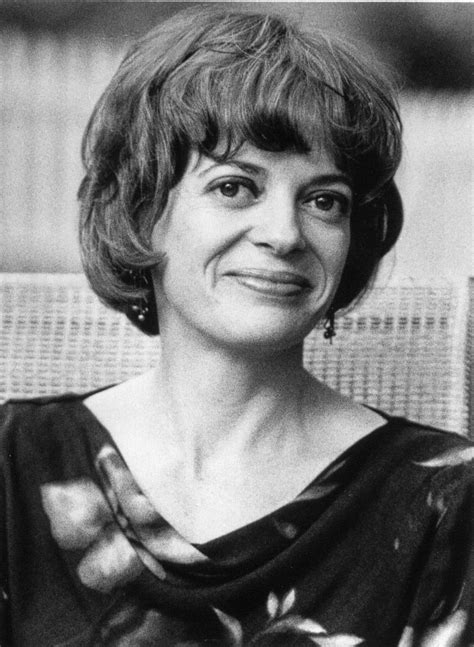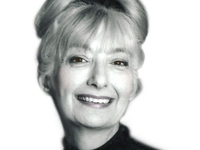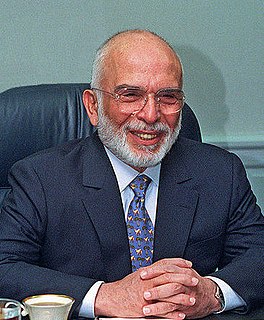A Quote by Pope Benedict XVI
A just laicism allows religious freedom. The state does not impose religion but rather gives space to religions with a responsibility toward civil society, and therefore it allows these religions to be factors in building up society.
Related Quotes
Today courts wrongly interpret separation of church and state to mean that religion has no place in the public arena, or that morality derived from religion should not be permitted to shape our laws. Somehow freedom for religious expression has become freedom from religious expression. Secularists want to empty the public square of religion and religious-based morality so they can monopolize the shared space of society with their own views. In the process they have made religious believers into second-class citizens.
Before any man can be considered as a member of Civil Society, he must be considered as a subject of the Governour of the Universe: And if a member of Civil Society, do it with a saving of his allegiance to the Universal Sovereign. We maintain therefore that in matters of Religion, no man's right is abridged by the institution of Civil Society and that Religion is wholly exempt from its cognizance.
All religions are not the same. All religions do not point to God. All religions do not say that all religions are the same. At the heart of every religion is an uncompromising commitment to a particular way of defining who God is or is not and accordingly, of defining life's purpose.
Anyone who claims that all religions are the same betrays not only an ignorance of all religions but also a caricatured view of even the best-known ones. Every religion at its core is exclusive.
[T]here are, at bottom, basically two ways to order social affairs, Coercively, through the mechanisms of the state - what we can call political society. And voluntarily, through the private interaction of individuals and associations - what we can call civil society. ... In a civil society, you make the decision. In a political society, someone else does. ... Civil society is based on reason, eloquence, and persuasion, which is to say voluntarism. Political society, on the other hand, is based on force.
We repeat and again reaffirm that neither a State nor the Federal Government can constitutionally force a person "to profess a belief or disbelief in any religion." Neither can constitutionally pass laws or impose requirements which aid all religions as against nonbelievers, and neither can aid those religions based on a belief in the existence of God as against those religions founded on different beliefs.
[Giving] is the essence of the great religions of the world - whether you are discussing the Muslim, Hindu, Jewish or Christian religion. It is an essential fundamental principle of all religions, whatever stage of development a society has reached, to sympathize with others and to promote that spirit of equality.
Religious institutions that use government power in support of themselves and force their views on persons of other faiths, or of no faith, undermine all our civil rights. Moreover, state support of an established religion tends to make the clergy unresponsive to their own people, and leads to corruption within religion itself. Erecting the 'wall of separation between church and state,' therefore, is absolutely essential in a free society.
Among the more irritating consequences of our flagrantly religious society is the special dispensation that mainstream religions receive. We all may talk about religion as a powerful social force, but unlike other similarly powerful institutions, religion is not to be questioned, criticized or mocked.
For people raised and programmed on the patriarchal religions of today, religions that affect even the most secular aspects of our society, perhaps there remains a lingering, almost innate memory of sacred shrines and temples tended by priestesses who served in the religion of the original supreme deity. In the beginning, people prayed to the Creatress of Life, the Mistress of Heaven. At the very dawn of religion, God was a woman. Do you remember?
It should not be strange that the values cherished by all the three major religions are the same, since they originate from a common source. For example, Islam, the predominant religion in the Middle East, accepts as an integral part of its religious teachings both the Old and the New Testaments. If this commonality of moral traditions among the world's major religions does not say something about the universality of religion, it does say something about the universality of mankind.
True religion has a universal quality. It does not find fault with other religions. False religions will find fault with other religions; they will say that theirs is the only valid religion and their prophet is the only saviour. But a true religion will feel that all the prophets are saviours of mankind.
The word religion literally means, in Latin, to link or bind together; and despite the vast variation in the world's religions, Wilson shows that religions always serve to coordinate and orient people's behavior toward each other and toward the group as a whole, sometimes for the purpose of competing with other groups.
I believe in a wall between church and state so high that no one can climb over it. When religion controls government, political liberty dies; and when government controls religion, religious liberty perishes. Every American has the constitutional right not to be taxed or have his tax money expended for the establishment of religion. For too long the issue of government aid to church related organizations has been a divisive force in our society and in the Congress. It has erected communication barriers among our religions and fostered intolerance.




































